Many students in Malaysia still enter primary school without the necessary foundational literacy and numeracy skills to set them up for success. Over 120,000 Standard 1 students in the 2024/2025 academic session need support in these critical areas, meaning that around 27% of the cohort are struggling with basic foundational skills.
This aligns with findings that 24% of children entering primary school lack the necessary school-readiness skills to navigate the transition into formal schooling, with this issue being most prevalent among children from lower-income backgrounds. These gaps can be attributed to varying levels of access to and quality of preschool education, alongside other factors that influence a child’s readiness for school.
Remedial Education in Malaysia
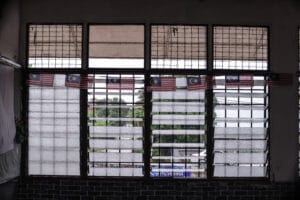
Two key programmes currently exist in our public education system to address the gap in foundational skills: Intervensi and Pemulihan. Intervensi provides short-term and immediate support to Standard 1 students who struggle with foundational skills through a three-month intensive programme focused on the 3Ms — membaca (reading), menulis (writing), and mengira (numeracy). Students who do not achieve the required proficiency after this period would typically be placed in Pemulihan classes in Standard 2 onwards, where they will receive ongoing tailored support until they master the foundational skills.
Pemulihan classes occur during school hours but unlike mainstream classes, Pemulihan offers a smaller, more focused learning environment that allows teachers to address individual learning gaps. Pemulihan students attend these classes during their Malay and Mathematics periods and rejoin their mainstream peers for other subjects. Each primary school typically has a dedicated Pemulihan teacher who works with students across different grades and ability levels. Students will attend Pemulihan classes until they successfully pass the required assessment, after which they can exit and remain in mainstream classes.
Challenges with Remedial Intervention
Learning Disruptions and Systemic Issues
Learning disruptions often occur when students miss school due to various factors, disrupting the continuity of learning and hindering the mastery of foundational skills. Extended breaks, such as school holidays or even weekend gaps, impede memory retention and skill development. Hence, parental involvement in a child’s education is crucial, as the reinforcement of learning and continuous practice at home can significantly improve outcomes. Therefore, for remedial interventions to be successful, increasing parental awareness and engagement is vital so they can actively support their children’s learning.
However, many Pemulihan students come from lower-income and marginalised families facing barriers like poverty, which impede regular school attendance. Additionally, some students with special needs remain undetected in Pemulihan classes, missing the specialised support they need. Each school is also typically assigned one Pemulihan teacher, regardless of size or the number of students. This practice affects the quality and amount of instructional time for Pemulihan students, with some teachers being underutilised in smaller schools and some facing limited contact hours with their students.
Addressing these systemic issues is essential for enhancing the effectiveness of remedial education and ensuring that all students receive the targeted support necessary to thrive in their educational journey.
Difficulties Transitioning to Mainstream Classes
Another challenge arises when Pemulihan students transition back into the mainstream classroom. Many students who exit Pemulihan often struggle to keep up with the pace and demands of the mainstream curriculum. This may not be surprising as the focus of Pemulihan is primarily on building basic reading and numeracy skills rather than higher-level comprehension. Thus, Pemulihan students cannot be expected to perform at the same level as their mainstream peers upon exit. However, mismatched expectations can sometimes result in students being “bounced back” into Pemulihan. These students need a structured approach to support them during this transition so they can integrate successfully into mainstream classes and eventually catch up with their peers. Therefore, close collaboration between Pemulihan and mainstream teachers is crucial to ensure these students receive the ongoing support they need even after exiting Pemulihan.
Limited Professional Development Opportunities for Remedial Teachers
Teachers’ capacity to deliver remedial learning plays a critical role in the success of remedial interventions. However, not all Pemulihan teachers are specially trained in remedial education, and their continuous professional development (CPD) opportunities are often limited. As each school typically has only one Pemulihan teacher, the role can also feel isolating, with few opportunities for collaboration or idea exchange with peers. Given that the effectiveness of remedial programs is largely dependent on the teacher’s ability to provide targeted interventions, it is essential to invest in building a robust network of resources and professional development for Pemulihan teachers. Supporting remedial teachers with ongoing training and a strong support system will ensure they are equipped to meet the diverse needs of their students. As outlined in a previous article, investing in teachers is key to improving educational outcomes.
Initiatives to Strengthen Remedial Education
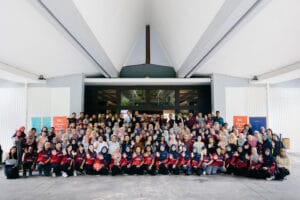
Teach For Malaysia (TFM) is implementing the Program Kemahiran Asas LIterasi dan numeraSi (KALIS) to strengthen existing remedial interventions. This initiative is part of Program Anak Kita, a collaboration between the Ministry of Education (MOE) and Ministry of Finance (MOF), driven by Unit Pantau Madani and Yayasan Hasanah to address critical literacy and numeracy gaps among students across Malaysia.
Program Anak Kita is a collective effort which brings together government agencies, non-profit and civil society organisations, and schools, united by the shared purpose of tackling learning loss and educational gaps. This collective approach leverages the resources and strengths of various sectors to ensure the success of the learning recovery initiative.
TFM’s KALIS programme will involve 105 schools across six districts in Johor and is projected to benefit over 4,200 Pemulihan students. The programme is designed around three strategic intervention strategies:
- Direct Student Intervention: Teachers will utilise the KALIS tool kit, an innovative resource designed by TFM’s Alumni-founded organisations, MyReaders and Doodlecare Resources, to deliver specialised literacy and numeracy interventions directly to students.
- Teacher Capacity Development: Teachers will undergo capacity building and one-to-one coaching sessions to enhance their skills and school leadership capabilities, ensuring sustained impact in their classrooms and beyond.
- Ecosystem Engagement and Enablement: Collaboration with key stakeholders, including partnerships with the Jabatan Pendidikan Negeri Johor and Pejabat Pendidikan Daerah to create an enabling environment for educational transformation in the schools involved.
Additionally, teachers are supported by various funds that enable them to implement sustainable and practical solutions in their classrooms. The KALIS programme aims to improve student outcomes and empower Pemulihan teachers by enhancing their capacity and leadership skills. This dual approach ensures both immediate impact and long-term improvements in teaching and learning practices.
The challenge of addressing foundational skill gaps is not unique to Malaysia — it’s a global issue that many countries are grappling with, leading to innovative initiatives worldwide. In India, Pratham’s Teaching At The Right Level approach groups students by learning level rather than age or grade, offering short, intensive lessons to improve literacy and numeracy. The initiative leverages volunteers from the community to deliver the intervention and has been successful in low-resource settings. In Indonesia, the INOVASI Programme adopts an iterative approach to improve literacy and numeracy by collaborating with local stakeholders to co-design and pilot solutions which can be scaled.
A Shared Purpose
The challenges of remedial education are not insurmountable, and various initiatives have proven effective in helping students master foundational skills. Programmes like Program Anak Kita and KALIS are valuable opportunities to strengthen existing efforts and enhance the effectiveness of remedial interventions. By embracing a shared purpose and working collectively, we can —and must— address foundational learning gaps to ensure every child receives the necessary support to thrive and succeed.
Want to read more about what we have to say? Click here to read our collection of Ed Pulse articles.
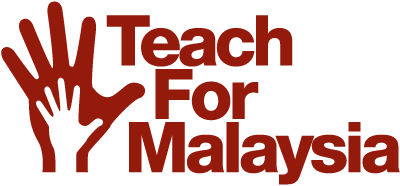
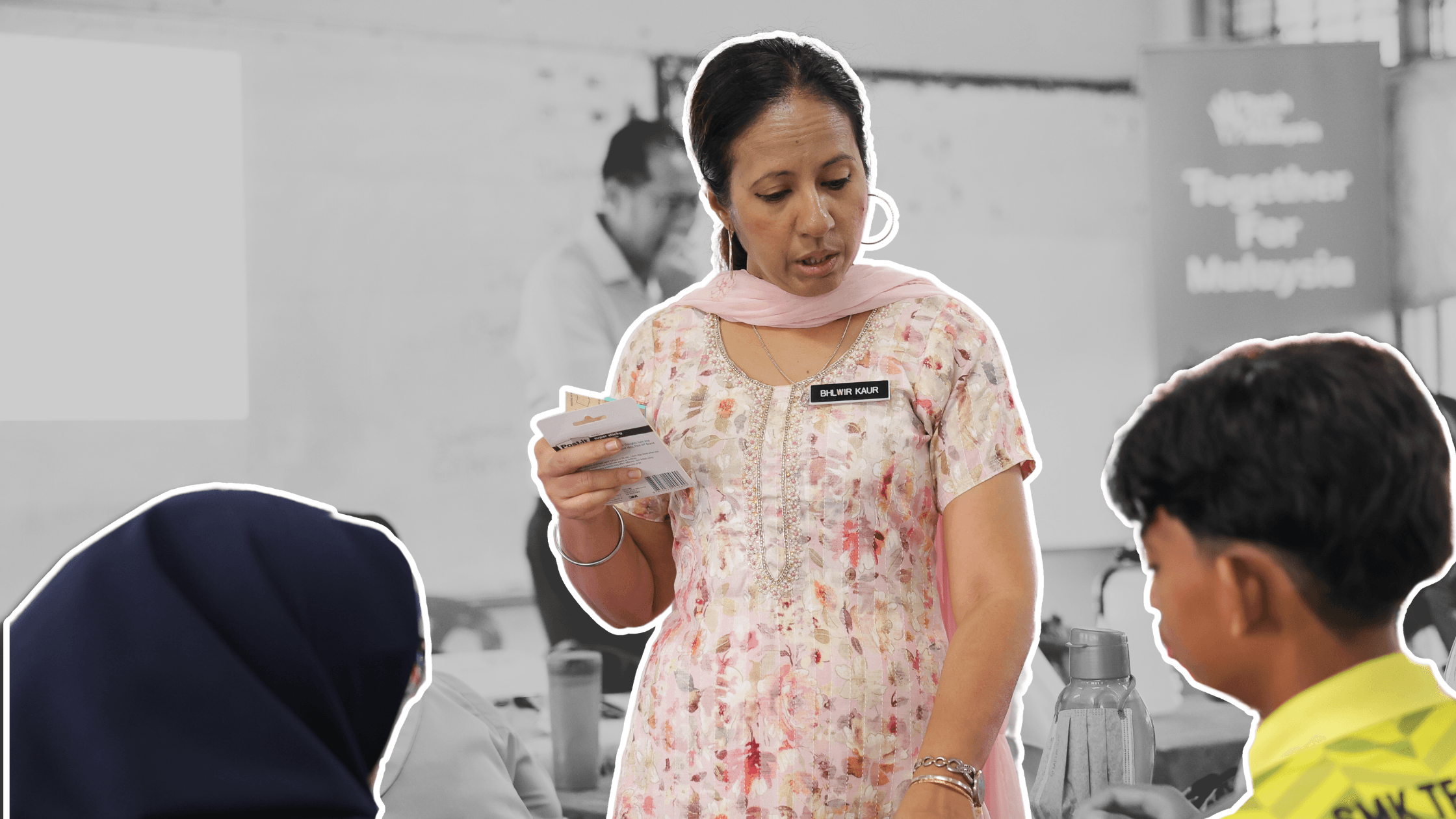
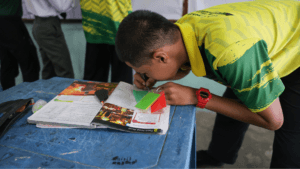

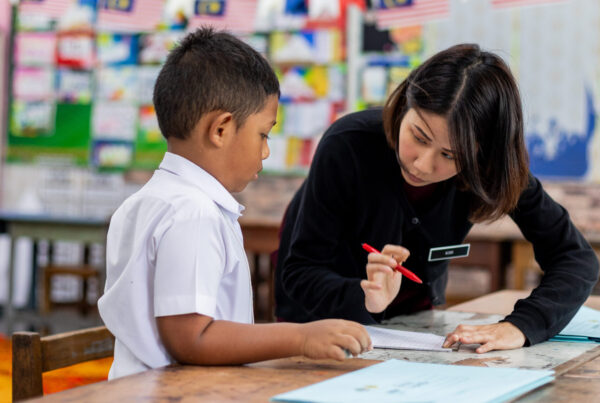


One Comment